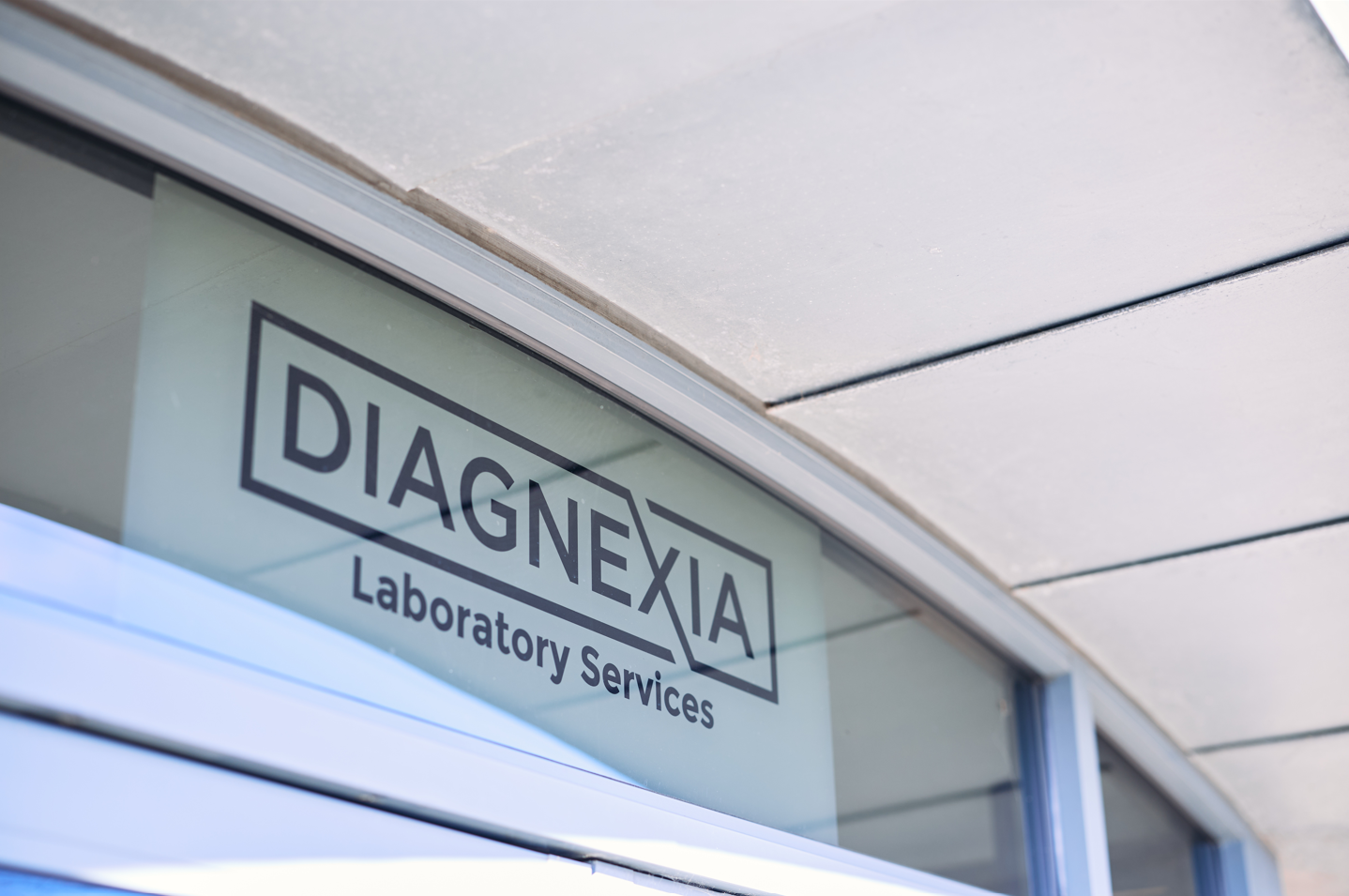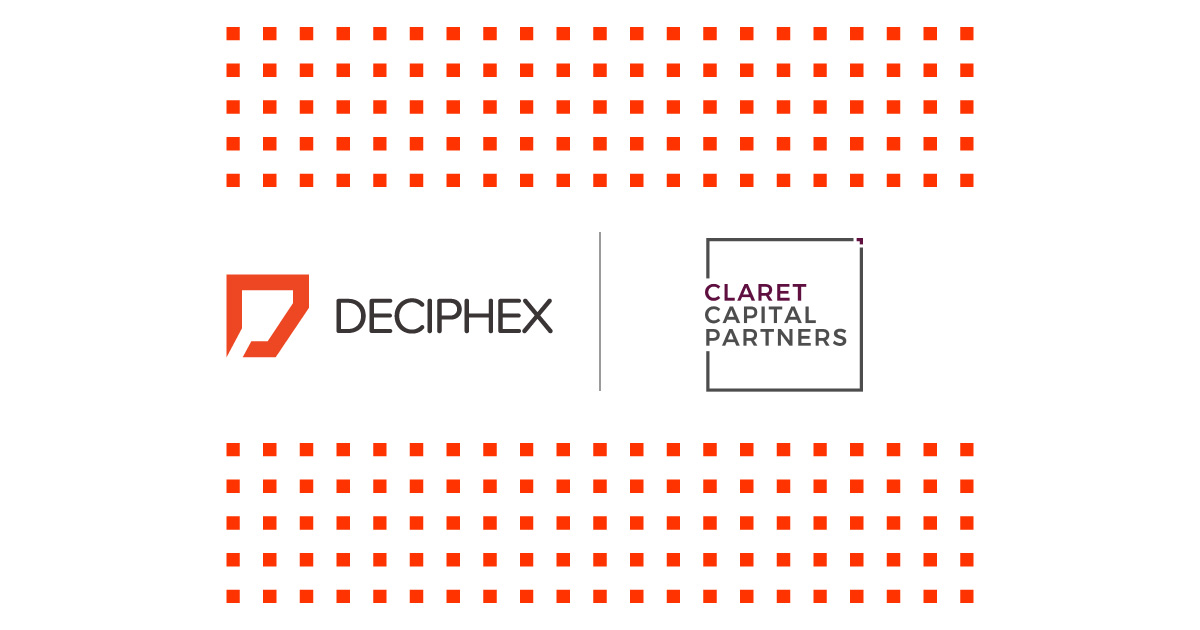A Global Crisis in Pathology Services
Pathology services worldwide are facing an unprecedented crisis. With over 90% of medical diagnoses dependent on pathology, the severe shortage of pathologists, aging workforces, and insufficient infrastructure have created critical bottlenecks in healthcare systems globally. Delayed diagnoses are increasingly impacting patient outcomes, particularly in cancer care and chronic diseases.
From developed economies struggling with rising demand to low- and middle-income countries (LMICs) facing acute resource shortages, the gap in pathology access is universal. Diagnexia is addressing this crisis by harnessing digital pathology and artificial intelligence to create scalable, efficient solutions tailored to diverse healthcare needs.
Meeting the Demand in Developed Economies
In developed economies, aging populations and growing cancer incidence are driving the need for faster and more accurate pathology services. Diagnexia’s AI-powered platform is tackling these challenges head-on.
In the UK, Diagnexia is alleviating the NHS pathology backlog with AI-assisted workflows and sub-specialist pathologist networks, enabling a <3-day turnaround time for case reviews. In North America, Diagnexia supports hospitals and community clinics, particularly in underserved rural areas, where pathologist shortages often hinder patient care.
These initiatives not only enhance patient outcomes but also unlock significant commercial opportunities. The total addressable market for digital pathology in these regions is growing rapidly, with Diagnexia positioned as a leading provider of integrated solutions.
Expanding Access in LMICs
The crisis is even more pronounced in LMICs, where severe shortages of pathologists and diagnostic infrastructure limit access to timely care. Diagnexia is leveraging its expertise and scalable digital platform to extend sub-specialist services to underserved regions, eliminating the need for expensive investments in physical infrastructure.
Through partnerships in Asia, Africa, and Latin America, Diagnexia is delivering vital diagnostic services via its AI-powered platform. For example, its collaborations with healthcare providers in Saudi Arabia and Kenya enable high-quality diagnostics in areas where local expertise is scarce.
AI-Driven Solutions for Global Impact
Diagnexia’s AI-powered tools enhance efficiency and accuracy across pathology workflows. By automating repetitive tasks, such as image analysis and quality control, Diagnexia enables pathologists to focus on complex cases, reducing diagnostic errors and improving turnaround times. These tools are vital for addressing the global pathology crisis while creating scalable solutions for both developed and developing markets.
Aligning Pro Bono Efforts with Growth
Diagnexia’s pro bono initiatives in underserved regions ensure access to life-saving diagnostics while reinforcing its commitment to global health equity. These efforts also position Diagnexia as a trusted partner in LMICs, laying the groundwork for long-term growth in emerging markets.
Conclusion
Diagnexia’s innovative combination of technology, global expertise, and social responsibility makes it a pivotal player in addressing the global pathology crisis. By reducing backlogs in developed economies and providing transformative solutions in LMICs, Diagnexia is bridging the gap in pathology services while unlocking commercial opportunities in one of healthcare’s most critical fields.
Resources
Diagnexia Partners with Aga Khan University Hospital
Bridging the Gap: Education and Mentorship for Under-Resourced Communities Worldwide Podcast












